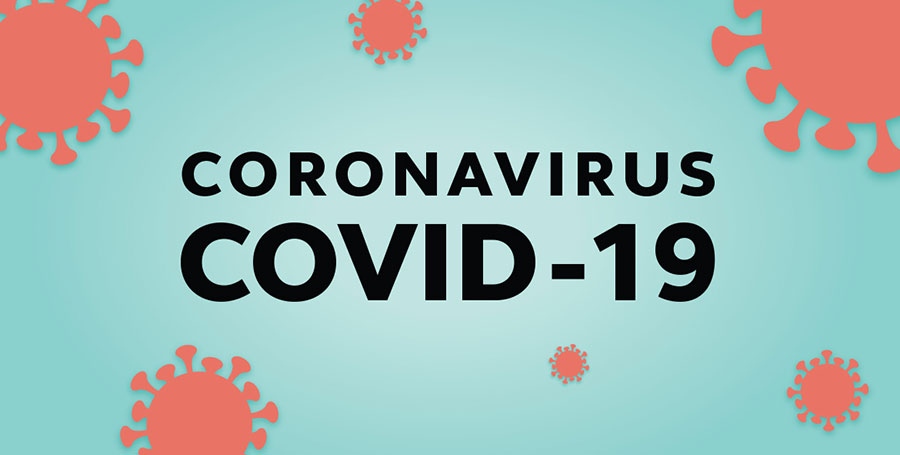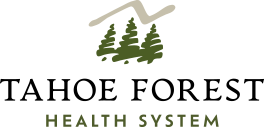COVID-19 Protection and Prevention

Visitor Policy
For the safety of our patients and staff, we have made the following changes for COVID-19 prevention and protection:
- Unless you are here for testing, surgery or a procedure, please DO NOT enter the hospital if you:
- have a respiratory condition
- have a fever
- have a cough
- are experiencing shortness of breath
- have diarrhea
- ALL visitors will be subject to screening for COVID-19
- The Pine Street Café will be CLOSED until further notice
Background
Tahoe Forest Health System (TFHS) routinely practices prevention measures for infectious diseases in our community, and is prepared to treat patients who seek care for infectious illness.
With our community partners, TFHS is actively monitoring the worldwide spread of the respiratory illness COVID-19 (also known as novel coronavirus). As cases are being reported in the western United States and specifically northern California, this information is intended to keep our community informed. Tahoe Forest Health System is working closely with county, state and federal public health agencies to make stay prepared and informed about the COVID-19 virus.
The Centers for Disease Control (CDC) believes that the risk of acquiring the COVID-19 virus is low, and with flu season in full swing, it’s important to understand the risks and symptoms, and when to see a medical provider.
Signs and Symptoms
Signs and symptoms of infection with COVID-19 (coronavirus) may appear two to 14 days after exposure and can include fever, cough, shortness of breath, or diarrhea. Risk factors for infection with the new coronavirus appear to include:
- Recent travel from affected geographic areas: China, Italy, Iran, Japan, and South Korea
- Close contact with someone who has the new coronavirus — such as when a family member or health care worker takes care of an infected person
People who are older or who have other existing medical conditions, such as diabetes and heart disease, may be at higher risk of becoming seriously ill with the new coronavirus. But there is still much unknown about the virus, and the Centers for Disease Control and World Health Organization continue to investigate.
When to see a Medical Provider
Contact your primary care medical provider right away if you have symptoms of COVID-19 (coronavirus) or if there’s a possibility you’ve been exposed to the virus. Tell your medical provider if you’ve recently traveled internationally. Be sure to call ahead to inform your provider about your symptoms, recent travels and possible exposure before you go to your appointment.
Prevention and Protection
- Stay home from work, school and public areas if you are sick, except to get medical care
- Avoid close contact with anyone who is sick
- Cover your cough, or sneeze with a tissue, then throw the tissue away in the trash
- Avoid touching your eyes, ears, nose and mouth
- Clean and disinfect frequently touched objects and surfaces
- Avoid sharing dishes, glasses, bedding and other household items if you’re sick
- Wash your hands often with soap and water for at least 20 seconds
Travel Precautions
View the latest information about COVID-19 for travelers and travel related industries.
Note that it is recommended to avoid personal or professional travel to any country with a CDC level 3 or State Department Level 4 advisory.
Stay Informed
Resources
- Anniversary
- Board of Directors
- CA Office of the Governor
- Children's Health
- COVID-19
- Gene Upshaw Memorial Tahoe Forest Cancer Center
- Health & Wellness
- Health System Foundation - Giving
- Incline Village Community Hospital
- Informational Brochures & Guides
- Nevada County Public Health
- Orthopedics
- Stay Healthy: Facts About COVID-19
- Tahoe Forest Health System
- Women's Health















